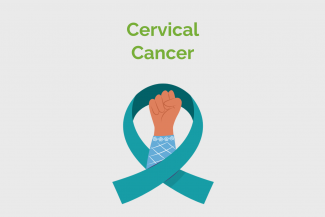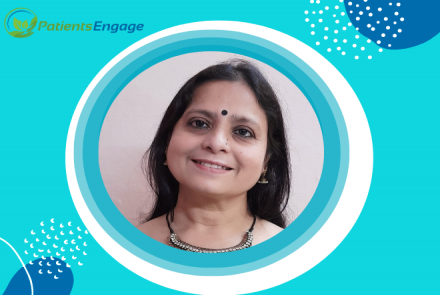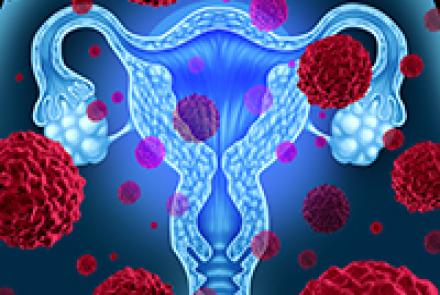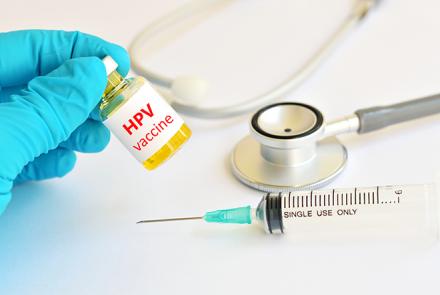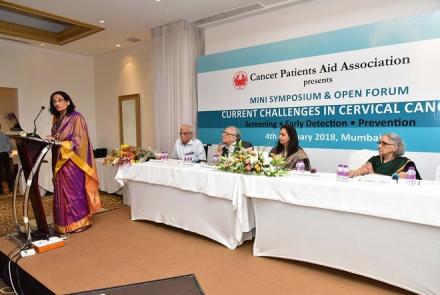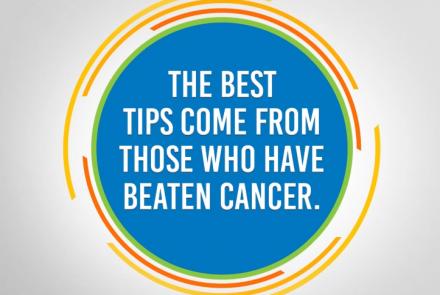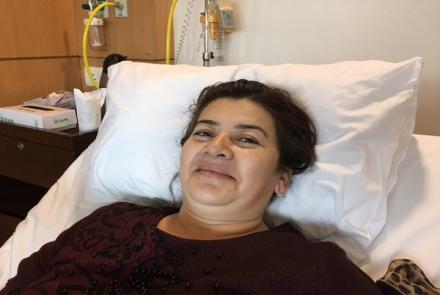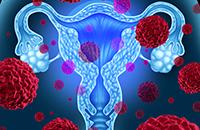
In addition to the treatment options covered in Cervical Cancer Treatment section, it is important to manage the lifestyle aspects as well.
Food and nutrition
Eating right is a key part of cancer treatment. You need to keep your body as strong as possible before, during and after treatment, so you need to take in enough nutrients. Keep the following in mind:
- Increase your intake of fruits, vegetables, whole grains, and high-fibre foods
- Up your intake of Vitamin A, which is associated with a lower risk of cancer. Vitamin A plays a role in the differentiation of normal epithelial cells repressing the processes leading to abnormal cell replication. Also take Vitamin B12, Vitamin C, Vitamin E, and beta-carotene.
Physical fitness
Check with your doctor before embarking on an exercise programme. Once you are feeling better and have been given the okay by your doctor, start a moderate stretching and exercise programme. This will help you have more energy throughout the day.
All patients getting cancer treatment are advised to engage in moderate-intensity exercise for two and a half hours every week.
It is important to maintain a healthy body weight. This will come naturally when you begin eating right for your nutritional type and exercising.
Follow–up care
It is very important that you go for check-ups after your treatment for abnormal cells. In 8 to 26 per cent of women, cervical cancer recurs.
At your first follow-up appointment, you may have a few tests for cervical cancer recurrence. colposcopy or just a liquid based cytology (LBC) test (smear). Cell samples will be sent to the lab to be checked. How often you have appointments and what you have done will depend on how abnormal the cells were and whether they were completely removed. You should expect to have a repeat test about 6 months after your treatment and then a further test about 12 months after your treatment.
Take charge – Your action plan
Be informed: Learn as much as you can about your condition. Talk to your doctor about your condition, treatment and prognosis. Read up about cervical cancer, so you know what questions to ask your doctor. Speak to other patients to find out what treatments and therapies have worked for them. Being informed keeps you in charge of your health and treatment.
Nourish your body: Make sure you are giving your body the nutrition it needs. Eat, even if you don’t feel like it.
Stay positive: Join a support group. Talk to people facing similar challenges. Talk to family and friends about your feelings. Read books that offer encouragement.
Stay focused on your treatment with timely follow-ups and healthy lifestyle
Know your support team: Who can help you stay healthy
- Medical oncologist
- Surgeon
- Radiation oncologist
- Gynaecologist
- Dietitian
- Counsellor or mental health practitioner
- Other specialists depending on your condition

